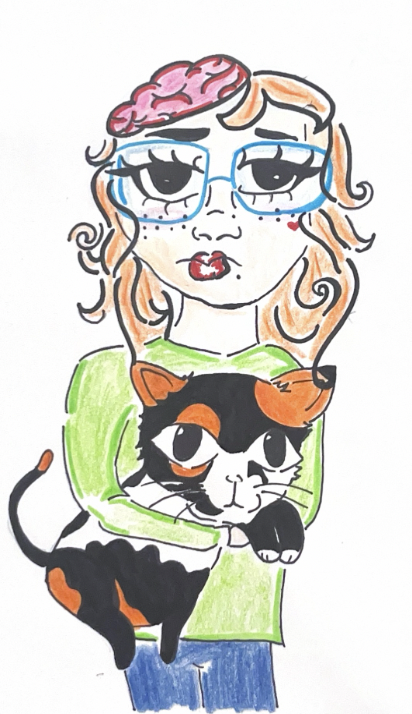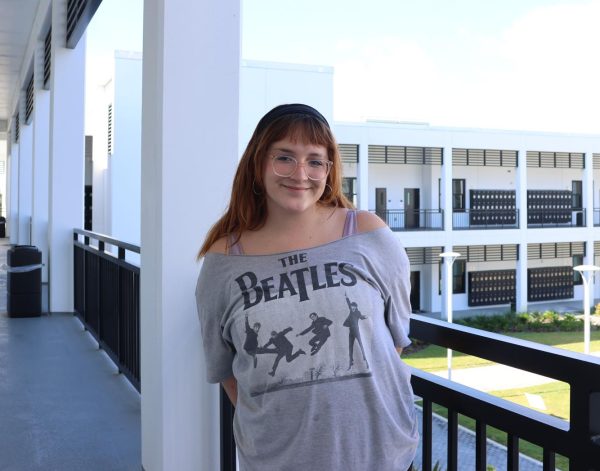The idea that pets resemble their owners goes beyond just looks. A person’s choice of pet reveals a lot more about their personality than most people realize. It’s a largely overlooked question in our society, maybe one you fly over on a first date, “So, are you a dog or cat person?”. But personally, for me, if the date says “dog,” I’m running.
A cat’s love is something you earn. You have to respect it as a being; learn it’s likes and dislikes. I could probably kick a dog, and it’d come back smiling and panting. You don’t have to work for its affection, which arrives us to my first point: dog people are lazy.
In terms of taking care of the pet, you’re probably confused at this statement. Dogs require much more physical labor. Taking them out to poop and pee fifty times a day, taking them for walks, playing with them more frequently, but the “lazy” I’m talking about is emotional laziness.
Dog people often expect love to come easily and quickly. They lack the patience for real relationship growth. Once they realize a true connection takes effort, they tend to pull away. In many ways they resemble what we now call love bombers, people who chase intense, short-term intimacy but move on as soon as it requires real emotional investment. They are not in it for the long haul.
In 2014, psychology professor Denise Guastello at Carroll University surveyed about 600 college students, labeling them as cat or dog people. She found that cat people were smarter, more open, and more independent, while dog people were more outgoing, social, and rule-following.
“Dog people tend to be more energetic and outgoing, and also follow rules more closely. Cat people tend to be more introverted, more open-minded, and more sensitive,” said Denise Guastello at the 2014 Annual Meeting of the Association for Psychological Science.
High extraversion and agreeableness (seen in dog lovers) can correspond with early emotional intensity, whereas cat people’s openness and introspection are associated with slower-forming, deeper bonds. Cat people are much more emotionally mature.
It’s simple science: just as cats enjoy their alone time, cat people tend to be highly independent. They don’t need constant companionship—they’re comfortable in their own company, a clear sign of strong self-assurance.
Something I’ve always found a bit unsettling about dog owners is how often they bring up their dogs in conversation. Social gatherings often revolve around talking about how unique and brilliant their pets are. It’s a lot like new parents who believe their baby is smarter and more special than anyone else’s. But let’s be honest. Your dog is not a baby. You should not build your entire life around an animal that would not care if a stranger replaced you the next day.
I’ve spent plenty of time at dog parks (much to my chagrin), and one thing I’ve noticed is how often the conversation stays centered on the dogs. People talk endlessly about their pet’s breed, quirks, and routines, but it’s rare to hear anything personal or reflective. It can start to feel like the dog is being used as a stand-in for the person, a way to avoid sharing much about themselves. This isn’t always a bad thing, but it does suggest a kind of emotional deflection. Cat people, by contrast, often have a stronger sense of individuality. They tend to form meaningful bonds with their pets while still maintaining lives, interests, and identities that stand apart.
The pets we choose reveal more about us than just our preferences. Dog people often seek quick affection, while cat people value independence and deeper connections. So next time someone asks if you’re a dog or a cat person, think about what that says about you. For me, the choice is clear.


